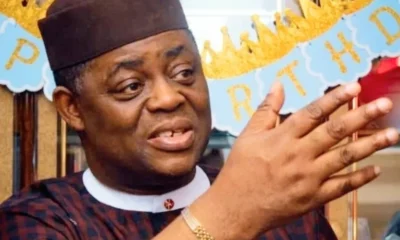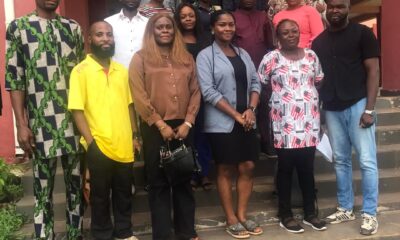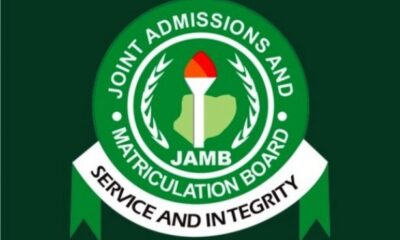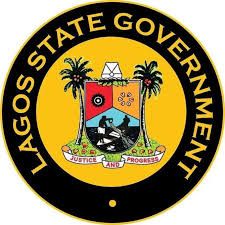POLITICS
Nigerians’ Confidence in INEC Eroded – YIAGA

Yiaga Africa, an election observation organisation, says only 23 per cent of Nigerians trust the Independent National Electoral Commission (INEC).
The group said this in its latest report in the aftermath of the 2023 general elections.
The report is titled; “Electoral Trust Restored? Nigeria’s Electoral Process One Year after the 2023 General Election,”
It is a comprehensive analysis of the state of the electoral process after the polls.
Surveys conducted by the organisation revealed a deep distrust by Nigerians of the electoral umpire in the aftermath of the elections and the off-cycle governorship elections.
Off-season governorship elections have been held in Bayelsa, Kogi and Imo states since the conclusion of the general elections.
According to the report, the electoral process in Nigeria is faced with questionable political will for electoral reform, institutional challenges, unchecked electoral misconduct, intentional obstruction of electoral justice, declining voter turnout, and evolving jurisprudence on electoral matters.
Declining public trust
Yiaga stated that despite the technological strides by INEC with the adoption of the BVAS, citizens do not trust the umpire to conduct free and fair elections.
It, therefore, recommended urgent action by INEC to restore public confidence in the electoral process.
“Trust in electoral processes is the bedrock of democratic legitimacy and as such, Yiaga Africa calls for greater transparency and accountability for all election stakeholders,” the report reads.
The group urged “INEC to continue to strive for greater transparency and regular public engagement, to rebuild and enhance the public trust.”
Tinubu’s silence on electoral reforms
The report also highlighted the perceived lack of commitment by President Bola Tinubu to reform the electoral process following the disputed 2023 presidential election.
President Tinubu of the All Progressives Congress (APC) defeated 17 other candidates to emerge the winner. However, the election was challenged by Atiku Abubakar of the Peoples Democratic Party (PDP) and Peter Obi of the Labour Party (LP), who came second and third respectively.
The report noted that Mr Tinubu is crucial to electoral reforms and must, therefore, show greater commitment.
“The commitment of the Presidency to support and assent to legislative efforts to reform the electoral framework is critical to restoring public trust,” the group stated.
Judiciary and legal discrepancies, inconsistencies
The report also highlighted the judiciary’s role in the challenges facing the electoral process in Nigeria.
Some of the issues raised by the report include legal inconsistencies and conflicting judgements before, during and after elections.
The report stated that “inconsistencies and the conflicting judgements that surfaced post-election are of great concern. The judiciary must conduct an introspective audit to rectify the inconsistencies and legal discrepancies that have contributed to a decline in judicial trust among the Nigerian people.”
Meanwhile, the report expressed concerns about the obstruction of legal processes and the tampering with electoral evidence as major issues, and described them as “unacceptable”.
It recommended the protection of the sanctity of electoral materials and the legal rights of all stakeholders to seek justice.
Yiaga Africa urged the judiciary and security agencies to protect the sanctity of electoral materials and the legal rights of all stakeholders to seek justice.
The report says impunity and attacks on the electoral process pose “a significant threat to the rule of law and democratic order. Yiaga Africa insists on stringent measures against electoral offenders to deter future misconduct.”
Yiaga stressed the need for stringent measures against electoral offenders to deter future misconduct.
(PREMIUM TIMES)
-

 JOBS/SCHOLARSHIPS1 day ago
JOBS/SCHOLARSHIPS1 day agoUK Survey Jobs That Pay Nigerians Well from Home and How to Apply
-

 JOBS/SCHOLARSHIPS4 days ago
JOBS/SCHOLARSHIPS4 days agoMTN Nigeria massive recruitment 2025
-
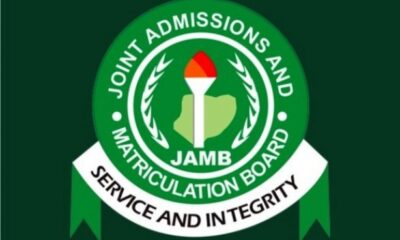
 CAMPUS REPORTS1 day ago
CAMPUS REPORTS1 day ago2025 UTME: There were errors – JAMB finally admits
-
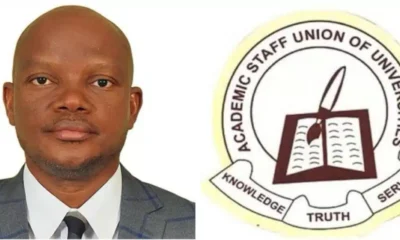
 CAMPUS REPORTS4 days ago
CAMPUS REPORTS4 days agoASUU elects new president
-
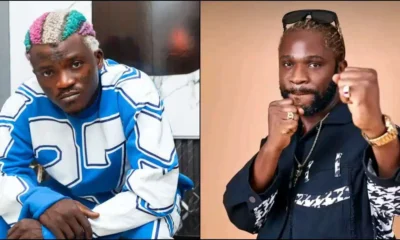
 ENTERTAINMENT4 days ago
ENTERTAINMENT4 days ago“I made 70 million naira in 3 days from fighting Speed Darlington” – Portable
-
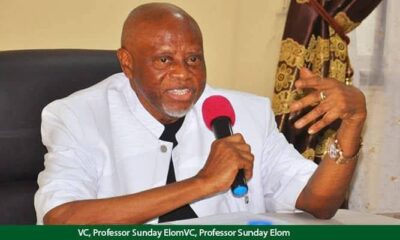
 CAMPUS REPORTS2 days ago
CAMPUS REPORTS2 days agoAE-FUNAI Secures NUC Accreditation For 12 Academic Programmes
-
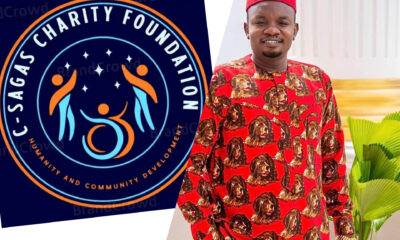
 CAMPUS REPORTS2 days ago
CAMPUS REPORTS2 days agoEducation Unlocked: C-SAGAS Foundation Empowers 150 NECO Candidates
-
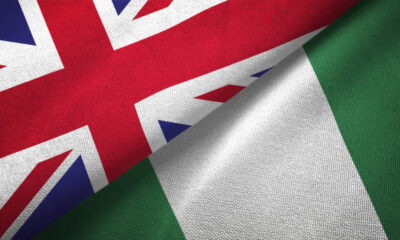
 FOREIGN2 days ago
FOREIGN2 days agoUS Lawmakers Propose 5% Tax on Overseas Remittances, Nigerians Among Those Likely to Feel the Pinch
-

 CAMPUS REPORTS2 days ago
CAMPUS REPORTS2 days agoAE-FUNAI Department of Economics Sets Agenda for Sustainable Economic Development in Africa
-
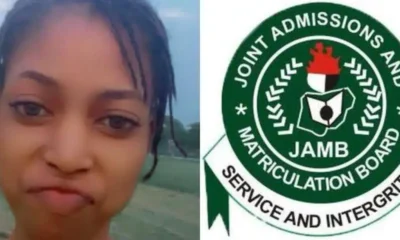
 CAMPUS REPORTS2 days ago
CAMPUS REPORTS2 days ago19-year-old girl commits suicide In Ikorodu over ‘low’ UTME score
-
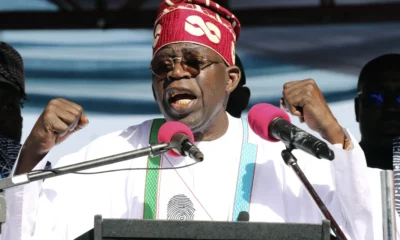
 EDITORIAL4 days ago
EDITORIAL4 days agoBola Ahmed Tinubu: His Leadership, Benefits, and Challenges Overview of Tinubu’s Political Career
-
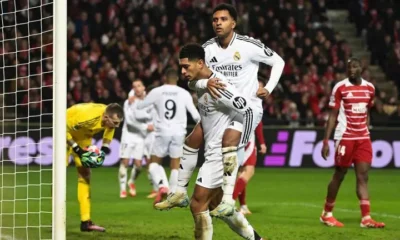
 SPORTS3 days ago
SPORTS3 days agoRodrygo opted out of El Clásico amid Real Madrid exit speculation



